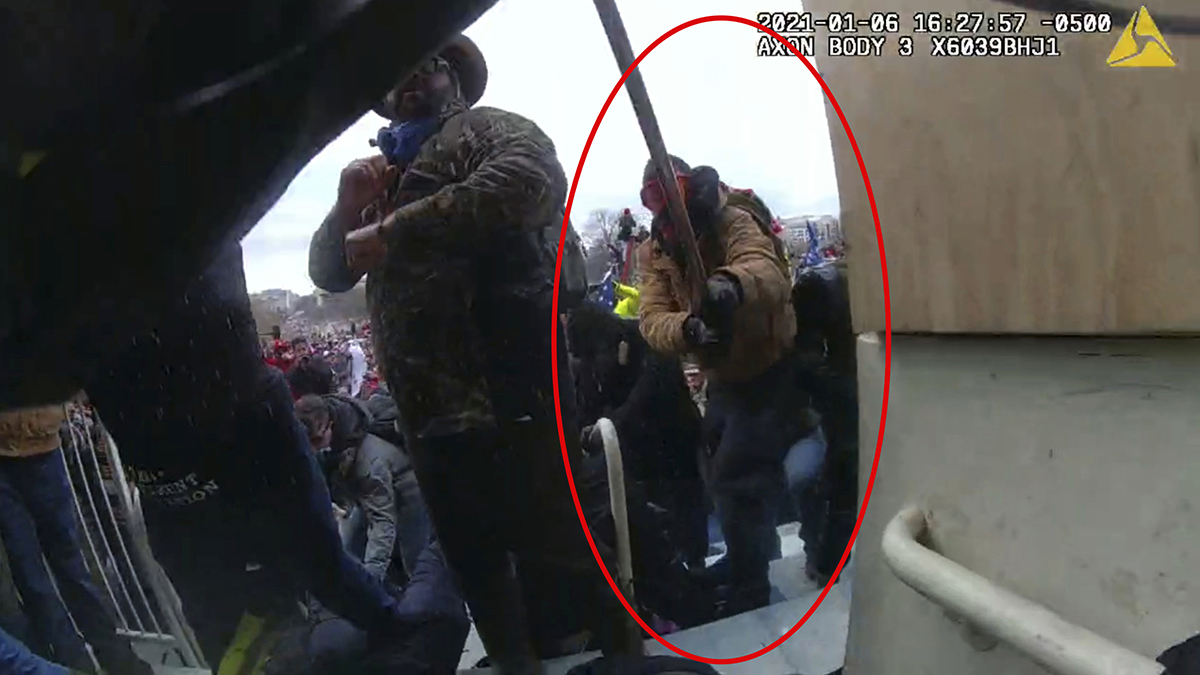The Trump administration on Thursday revised recent U.S. sanctions that had unintentionally prevented American companies from exporting certain consumer electronic products to Russia. The change allows firms to deal with Russia's security service, which licenses such exports under Russian law.
The Treasury Department said U.S. companies can now apply to Russia's Federal Security Service, or FSB, to sell low-level encrypted electronic devices such as cell phones or tablets. Those products had not been intended to be covered by the sanctions which the Obama administration imposed on Dec. 29 after U.S. intelligence agencies concluded that Russia meddled in the 2016 presidential election.
In pursuit of such applications, Treasury will also allow firms to pay nominal fees of up to $5,000 per year to the FSB. The FSB is the main successor to the Soviet-era KGB, but it also holds some regulatory responsibilities.
FSB permission or notification is required by Russian law for encrypted devices to be imported, but such contact was barred under the Obama sanctions.
The technical fix was announced at a politically charged time in Washington. Democrats and Republicans alike are concerned that the Trump administration may move to ease sanctions against Russia while the election meddling allegations remain unresolved and it continues destabilizing actions in Ukraine and Syria.
Treasury officials said shortly after the election meddling sanctions were announced, several American businesses and consulting companies began to seek the change, saying their exclusion from the Russian electronics market was an "unintended consequence" of the broader sanctions. The change does not affect other Obama-era sanctions on the FSB or other Russian entities.
The Treasury notice used technical language to explain the change. It said it would now allow "certain transactions" with the FSB "that are necessary and ordinarily incident to requesting certain licenses and authorizations for the importation, distribution, or use of certain information technology products in the Russian Federation."
U.S. & World
It did not elaborate initially, leading to speculation that the move was more than just a technical fix.
The White House denied it was easing sanctions.
"I haven't eased anything," Trump said in response to a shouted question from a reporter at the White House.
White House spokesman Sean Spicer said the move was part of a "regular course of action" in adjusting federal regulations.
Separately, the Treasury Department added products to a list of medical items that require clearance for U.S. companies to sell to Iran.
The Obama administration eased sanctions on Iran as part of a landmark 2015 nuclear agreement, including a ban on the sale of many medical devices. That change affected products used for nuclear medicine purposes that might have uses in an atomic weapons program.



